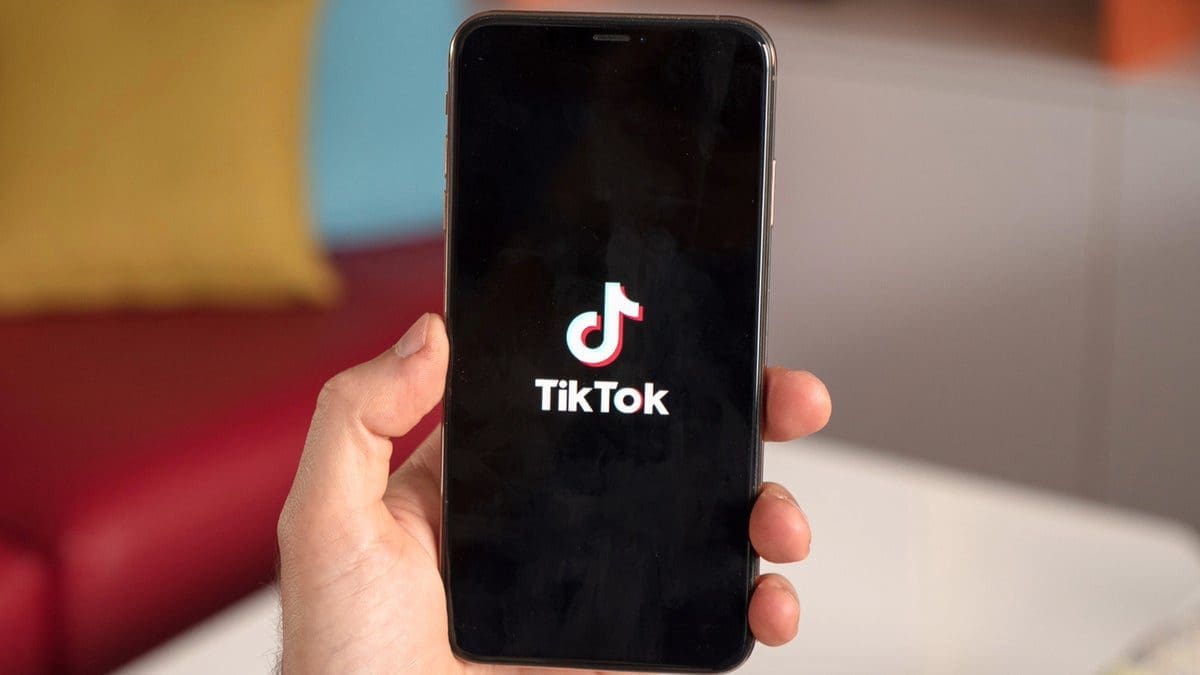One of the most popular apps in the world, TikTok, has been facing ongoing criticism and even calls for its ban. The Chinese app’s latest move is now again raising eyebrows.
TikTok recently yanked a tool used by researchers to study hashtag popularity on its app. This move, came after researchers criticized the company in a report based on the tool’s data.
The tool, known as Creative Center, was a rare public method for tracking hashtag popularity. It offered data to advertisers and others. Researchers at Rutgers’ Network Contagion Institute utilized its search function to track “sensitive” hashtags related to Chinese government interests.
Following the report, TikTok quietly removed the search feature from Creative Center. The company cited misuse of the tool, saying that “unfortunately, some individuals and organizations have misused the Center’s search function to draw inaccurate conclusions, so we are changing some of the features to ensure it is used for its intended purpose.”
This move adds to the growing tension between social media companies and researchers delving into topics like misinformation. TikTok, like Meta and X (former Twitter), has faced challenges with researchers studying content spread.
The move to cut off this tool raises questions about TikTok’s willingness to collaborate with researchers, particularly amid increased scrutiny over its content policies and handling issues related to the Israel-Hamas war, for example. The lack of transparency has researchers concerned about the company’s approach.
The pressure has even sparked discussions in Washington about potentially banning the app or forcing its sale to an American company—though the latter seems unlikely. TikTok defended itself, asserting that the Chinese government has no influence over the app and criticizing the research for using a “flawed methodology.”
The broader conversation also involves the transparency of social media platforms. Experts argue for regulations requiring platforms to share data with external researchers, emphasizing the need to avoid leaving transparency decisions solely in the hands of platforms.










